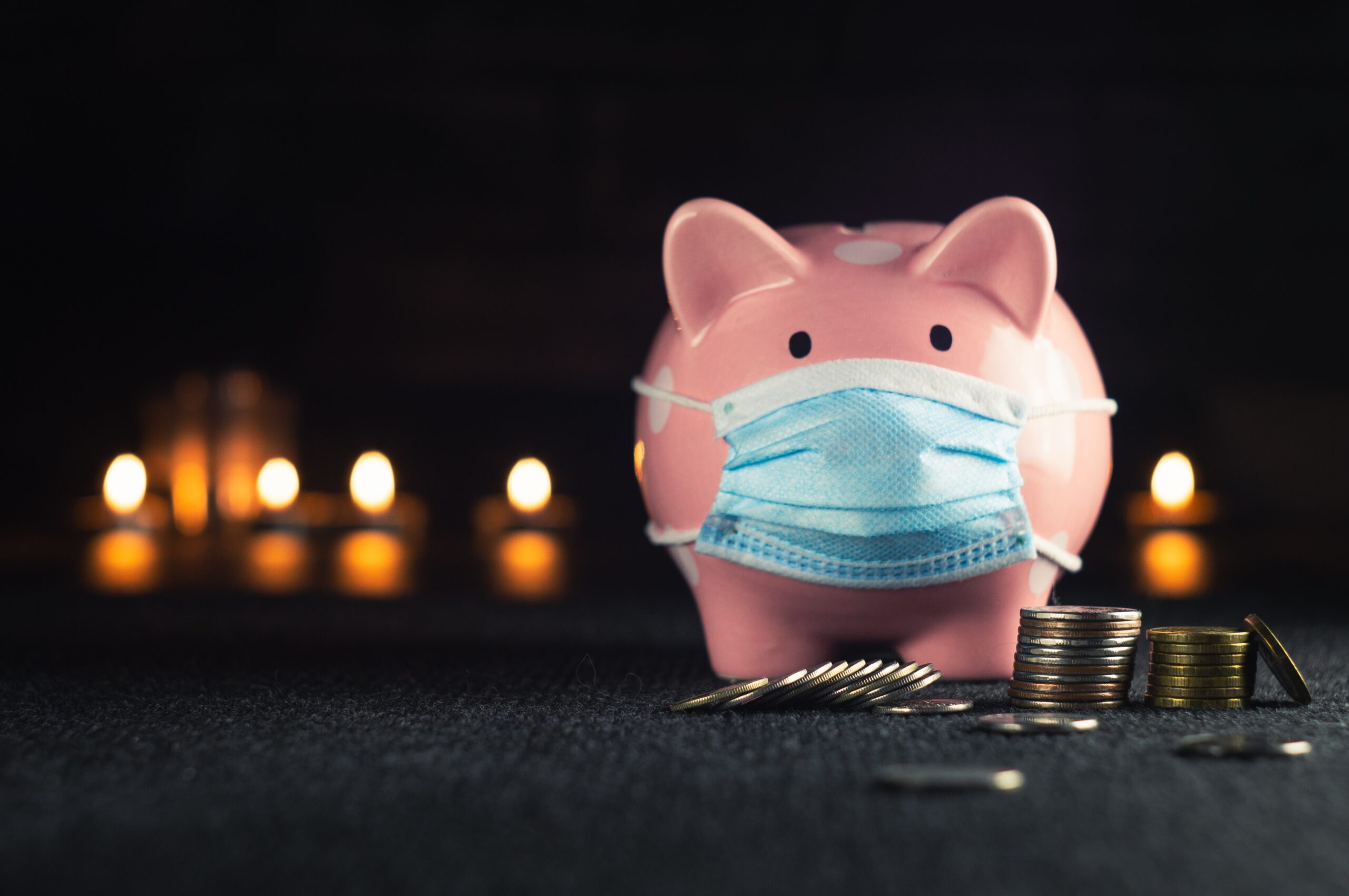
Have you ever had the mind conversation of “what the hell did I do with all my money?”
Everyone wants financial stability, yet many find themselves trapped by habits that drain their income, stifle their savings, and ultimately prevent long-term financial growth. In this article, we will be breaking down the 7 harmful money habits still keeping you poor.
Once you can identify these bad habits and break them, you can easily take back control of your financial future and finally get yourself off the vicious cycle of living pay cheque-to-pay cheque or having less to survive.
Start trading BTC,ETH, and a variety of popular cryptocurrencies with leverage as high as 100x on Bybit right now! Sign-up with our Bybit link to claim exclusive rewards of up to 6,045 USDT bonus
1. Having Recurring Expenses Above Your Means:
The first bad money habit a lot of people are currently committing is having to pay recurring expenses way above their means. This could be house rent payments, utility bills, car payments, loans, credit cards… you name it.
Having expensive recurring payments is the fastest way to drain out your income!
Let me break down how bad it is; you can get away with almost any other thing like buying expensive clothes now and then, eating at expensive restaurants during mood swings, or even going on expensive tours once in a blue moon. But you can never get away with expensive recurring bills.
So the first thing you need to do is cut down your recurring bills.
- The house is too big, move to a smaller one.
- If you live far from work, find a closer apartment to cut down on transportation costs.
- You eat out all the time, learn how to cook
- Do you have Hulu, Netflix, and all? Cut down on some
The goal is to find a way to reduce your monthly/yearly recurring bills as much as possible. Once you do this, you will be shocked at how much more money you will have to play with.
2. No Budgeting/Over Budgeting (The Both are Bad):
A lot of people want to “save…save…save” and forget about living. This is bad and not healthy in any way. Instead of depriving yourself of all the joy and fun activities in life, you can create a budget that provides you with the ability to cater to your “Needs, Wants, and Future” without having any regrets.
Some of the popular budgeting allocation styles include the 50/30/20 rule where you allocate your income in this way;
- 50% of your income goes to needs such as housing, insurance, and transportation.
- 30% of your income goes toward wants, which can be eating out, shopping, travel, and more.
- And Finally, 20% of your income goes toward savings, investing, and debt.
These numbers are not set in stone so you can change them to suit your exact needs and lifestyle. However, the goal is to have a balanced life, enjoying the now while still properly saving and investing for the future.
3. Not Knowing The Difference Between Emergency Funds And Investment Funds:
Now that you know what a budget is, it is important we bring up the biggest misunderstanding that can seriously screw up your easy going life. And that is Emergencies!
No one knows when it is going to happen or what it will be, so it is very important that you are prepared for this uncertainty in some way.
The best way to prepare for uncertainty s by having about three to six months of your monthly expenses saved up in a (zero to low-risk account).
You are not trying to lose this money or compound it, you just want to keep it somewhere safe with low risk. Once you have this emergency fund saved up, then and only then should you start thinking of investing.
The biggest money mistake people make is not having an emergency first before investing, because when/if an emergency does occur you will be forced to liquidate your investment to solve the problem. And most of the time, this would happen during the worst market periods (meaning you will lose money).
4. Impulse Buying and Emotional Spending
Impulse purchases can ruin your budget and savings goals, especially if you turn to shopping for comfort or stress relief. Emotional spending provides only a temporary boost but can lead to lasting financial consequences.
Break the Habit:
- Identify Your Spending Triggers: Notice when you’re more likely to impulse buy. Common triggers include stress, boredom, and social pressure.
- Limit Online Shopping: Delete shopping apps or disable saved payment information for easy access. The extra step required to enter your details can curb impulse buying.
- Set a Monthly “Fun Budget”: Allocate a specific amount for non-essential purchases. Sticking to this limit allows you to enjoy small treats without guilt or overspending.
5. Taking Up Unreasonable Responsibilities/Giving Too Much:
The fastest way to go into debt and have all your money taken from you is by “being the nice guy everybody comes to for extra money/help/a handout”
The moment people sense you have a giving spirit, you can expect to be taken advantage of, so you need a plan for giving.
This plan would include a clear understanding of just how much you can afford to share, why, and in what circumstances you would like to share. And this is very important to you because if you help too much, then you might become the one in need.
So before you do anything, stop and think “
- Do I really need to be taking up this responsibility?
- Should I be pulling money out of my savings and investments to do this?
- Am I working 20 hours a week just to be handing it all out to family and friends who just magically seem to develop new problems every month?
It is important in your growth to financial freedom to learn to say NO!
6. Over-Reliance on Credit Cards and High-Interest Debt

Credit cards are convenient, but relying on them for everyday expenses or impulse purchases often results in a cycle of high-interest debt. Paying only the minimum balance makes this habit even worse, as interest accumulates rapidly.
Break the Habit:
- Limit Credit Card Use: Only use credit cards for planned purchases you can pay off in full each month.
- Pay More Than the Minimum: Aim to pay off the balance each month, but if that’s not possible, try to pay more than the minimum to reduce interest costs.
- Explore Debt Repayment Strategies: Methods like the debt snowball (paying off small debts first) or debt avalanche (targeting high-interest debts first) can help you pay off debts faster
Check out this article: Good Debt vs Bad Debt
7. Being Too Scared To Grow:
Life is all about risks and you need to take calculated risks to get ahead and stay ahead of the financial curve.
While staying in a regular job might be comfortable for you now, it is important that you are always improving your skills and learning new things that can help you advance in your career. The goal is to never remain stagnant.
Break the Habit:
- Set Aside Time for Learning: Dedicate even 30 minutes a week to reading articles, listening to podcasts, or watching videos on personal finance.
- Follow Reliable Financial Resources: Learn from credible sources to build a strong foundation. Books, financial blogs, and government websites can provide valuable insights.
- Seek Out a Mentor or Advisor: Sometimes, a professional perspective can clarify your options and help you make smarter decisions.
Conclusion!
Financial freedom means a lot of different things to different people. But no matter what it means for you, it all boils down to being disciplined and patient enough to break free from bad money habits keeping you captive and poor.
Once you identify these habits and correct them, you can achieve almost any kind of goal with your finances. So what are you still waiting for, start today!








